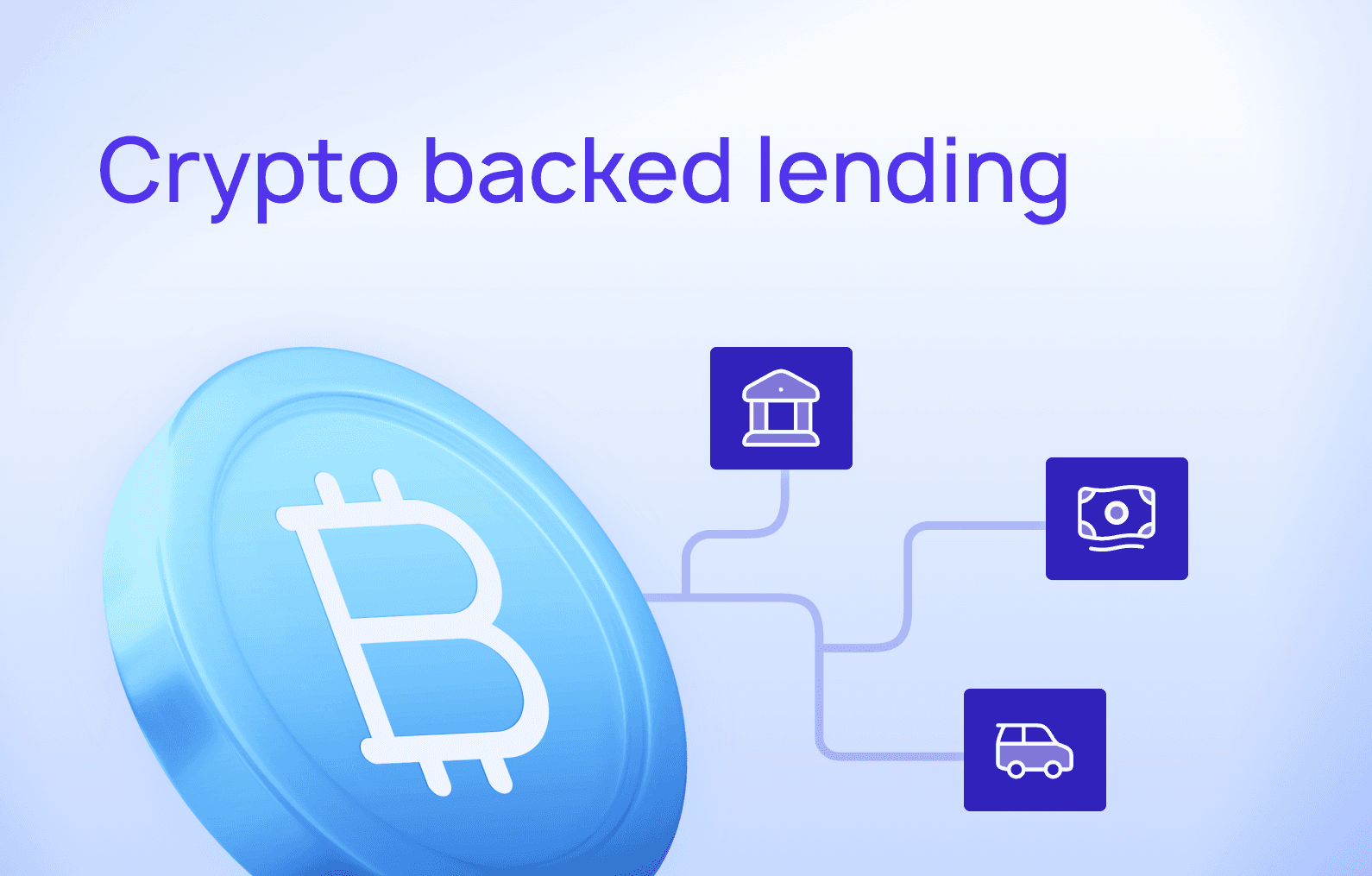Accrued: After Hours - Episode 18
The latest episode of Fintech Confidential’s Accrued podcast series has hosts Tedd Huff and Colton Pond speaking with Jonathan Awad. Jonathan is the Co-founder and CEO of Baselayer, whose platform equips businesses with fully automated solutions for KYB, risk, and fraud management.
Together, they discussed how fraud is evolving in fintech, and how fintechs can combat it.
For a deep dive of what they discussed, read on. You can also hear the full conversation in all the usual places:
Here’s what went down
Tedd, Colton, and Jonathan’s conversation centered around a few major themes:
- The future of fraud prevention: To keep up with credit risk, credit providers need to boost their fraud detection and prevention without hampering operational efficiency.
- What clients and investors want to hear from fintechs. (Hint: Not AI buzzwords): Clients and investors want to hear about success stories, results, and the teams they’ll be working with. The tools behind the scenes are much less important.
- The heightened risk of B2B fraud: B2B accounts deal with large sums of money. Fraudsters see it as a golden opportunity, and credit providers need to bolster their defenses.
The future of fraud prevention
Jonathan brings up a statistic that might make you pause: It takes three to four high-performing accounts to make up for the credit loss of one fraudulent account. Detecting and preventing fraud within your portfolio might save as much money as you would generate by tripling or quadrupling your portfolio. Credit providers need to see fraud prevention as a necessary evil, but a core aspect of their revenue strategy.
Some credit providers might struggle balancing fraud prevention’s increased security against the perceived loss of efficiency. But modern data tools can integrate directly with your credit platform, allowing you to perform one-click verifications for ad hoc checks and leverage third-party data sources for ongoing monitoring. When something looks off, automations can cascade through your system, alerting agents and protecting both your company and your customers from fraud.
Ongoing monitoring can also detect when a customer’s financial situation changes, like bankruptcies or new lien filings. Catching these early-warning signs through real-time monitoring could be the edge that gives you time to act fast and prevent losses.
What clients and investors want to hear. (It isn’t AI buzzwords.)
AI can be a useful and effective tool for you to serve your clients, but they don’t really care about what tools you use. No one taking their car to the shop cares what wrenches the mechanics use, just that they can fix that weird rattling sound you hear on the highway. Many companies “AI-wash” their platform and solution, trying to spruce up their marketing with tech jargon and buzzwords.
Jonathan argues that companies should instead focus on solutions, teams, and results:
- To the customer, all that really matters is solving their problem. AI jargon might attract some short-term attention, but winning customers in the long-run depends on you communicating how you deliver better than the alternatives.
- Clients want to know who they’ll be working with, and investors want to know that their money is in good hands. Having the right people in place is key to winning deals, delighting customers, and securing funding as you grow.
- From Baselayer’s own experience raising $6.5 million in seed funding as they expanded their business, Jonathan learned that real-world results are critical for winning investors and clients.
The heightened risk of B2B fraud
Imagine yourself as a greasy, no-good criminal. Which target do you prefer: The smaller sum of money with tight security, or the much larger sum with relatively lax security?
The sheer size of a B2B credit account is enough to draw in fraudsters. Paired with the fact that most fraud detection tools have focused on consumers, it puts B2B credit providers at significant risk.
Rather than traditional identity theft, where a criminal borrows on someone else’s name and credit, business borrowers are more likely to attempt synthetic identity fraud, where they fabricate a business profile and apply for credit.
To mitigate the risk of synthetic identity theft, B2B credit providers need to make use of next-generation tools like Baselayer, giving them real-time access to a wider range of data sources and ongoing analysis to detect fraud before it happens.
Key takeaways
Here’s the five major takeaways from this episode.
1. Focus on long-term strategy
If you asked business leaders in abstract whether they prefer an astounding financial quarter followed by a few years of meager returns, or a few tight quarters that set up greater long-term margins, they’ll likely all answer with the latter. Semantically, we see the value of patience and a long-term strategy. In practice, however, too many companies get sidetracked chasing short-term goals which inevitably hinder their long-term success.
Whether it’s a development cycle that produces mounting technical debt or a sales process that over promises and leaves your implementation team out to dry, short-term strategies are liable to do much more harm than good. Rejecting that short-term mindset means deliberately focusing on risk management, compliance, and sustainability—ultimately leading to long-term success.
2. Balance confidence with humility
It takes a healthy ego to look at the deeply embedded and ossified financial mechanisms that keep the world spinning, and not only recognize an area where they could be improved, but decide that you and your company are the ones to do it. That confidence is essential, but so is a healthy dose of humility.
No single company (and certainly no individual) knows everything there is to know about finance. Successfully navigating the ecosystem requires balancing our expertise with humility, knowing when to listen to others or accept help. As Jonathan puts it, figure out “what I suck at,” and find smart people who can fill the gap.
3. Win in fintech with strong relationships
Your company has finite resources, whether measured in terms of dollars, bandwidth, or hours in the day. Just like leaders need the humility to learn from others’ knowledge, they best serve their companies’ long-term vision when they expand their available resources through networking.
At an interpersonal level, building connections with other people in the industry expands the pool of talent you draw from in hiring. At an organizational level, those connections can run even deeper, connecting your company to another vendor who helps you provide a superior service to customers.
4. Prevent fraud with real-time monitoring
Ad hoc anti-fraud measures are invaluable during origination, but fraud is not just an immutable characteristic hidden within a customer’s credit file. Because fraud can emerge at any time during your account lifecycle, one-time testing can never substitute for ongoing monitoring.
With modern data tools like Baselayer’s, businesses can implement real-time ongoing monitoring without draining their people’s team or diverting focus. Taking a proactive approach to fraud detection and prevention improves your security and stability, enabling you to pursue your company’s long-term with confidence.
5. Prepare for the future of identity control
Asked what he thinks the future of identity verification will hold, Jonathan said he suspects we’ll see the industry move away from a singular FICO score into a more holistic view of consumers and businesses, with the most successful companies leveraging a diverse range of data sources to understand other dimensions of borrower behavior.




